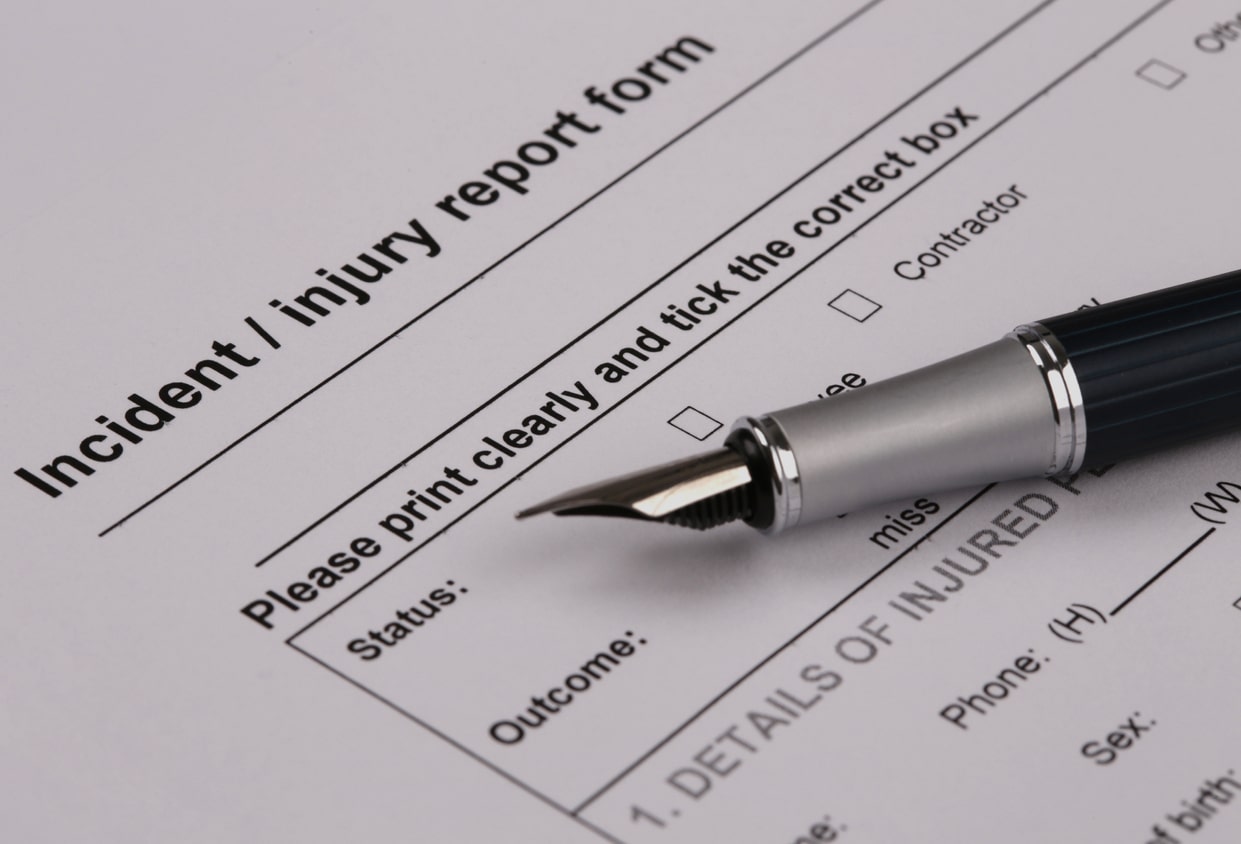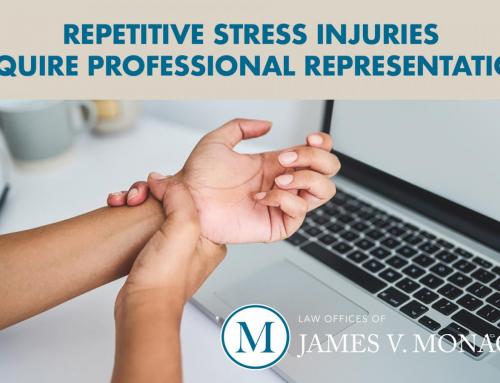Pennsylvania Workers’ Compensation law requires that an employee give notice of a work-related injury or illness to their employer as soon as possible, but no later than 120 days after the date of the injury or illness. This notice requirement is essential to the workers’ compensation process and can have a significant impact on an employee’s ability to receive benefits if not met.
The first step in providing notice is to inform the employer of the injury or illness. This can be done verbally or in writing and should include the date, time, and details of the injury or illness. The employee should also provide any relevant information about the circumstances surrounding the injury or illness, including the specific location and any witnesses.
The notice must be given to the employer, not to a supervisor or coworker. If the employee is unable to provide notice due to the nature of their injury or illness, a family member or representative can provide notice on their behalf.
Once notice is given, the employer has 21 days to report the injury or illness to their workers’ compensation insurance carrier. The insurance carrier then has 21 days to accept or deny the claim. If the claim is denied, the employee may file a claim with the Pennsylvania Bureau of Workers’ Compensation.
It is important to note that the 120-day notice requirement applies to all work-related injuries and illnesses, regardless of the severity. This includes both physical injuries and mental health conditions. Failure to provide notice within 120 days may result in the denial of benefits, so it is crucial for employees to inform their employer as soon as possible.
Employers also have a responsibility under the Pennsylvania Workers’ Compensation law to provide notice of the workers’ compensation process to their employees. This includes information on how to report an injury or illness and the rights and benefits available under the workers’ compensation system.
In summary, Pennsylvania Workers’ Compensation law requires employees to provide notice of a work-related injury or illness to their employer as soon as possible, but no later than 120 days after the date of the injury or illness. Failure to provide notice within this time frame may result in the denial of benefits. Employers also have a responsibility to provide notice of the workers’ compensation process to their employees. It is essential for both employees and employers to be aware of these notice requirements to ensure that the workers’ compensation process runs smoothly and that employees receive the benefits they are entitled to.
It is important to understand that workers’ compensation is a complicated area of the law. The insurance company has lawyers. Shouldn’t you? Call the Law Offices of James V. Monaghan for a free consultation from an attorney certified by the Pennsylvania Bar Association as a specialist in Workers’ Compensation.







